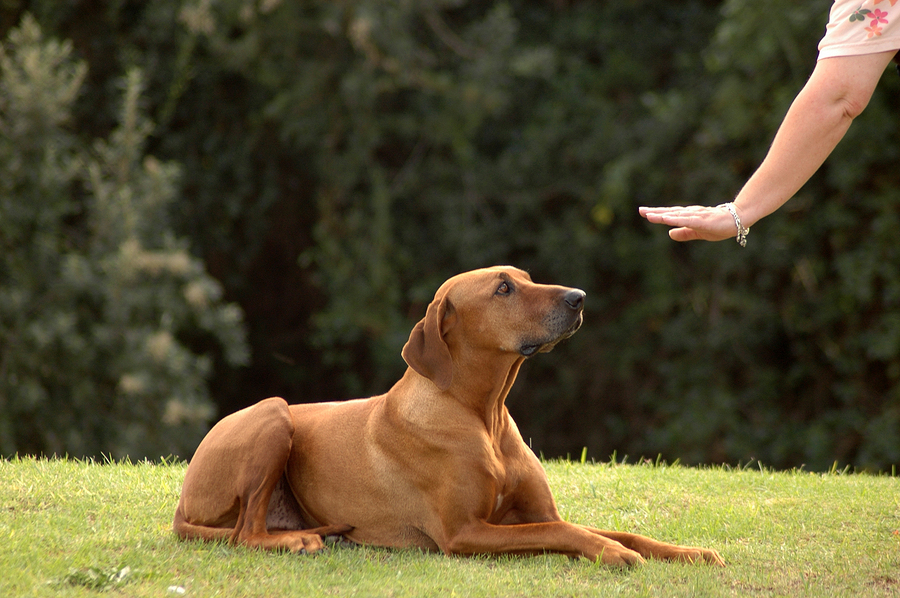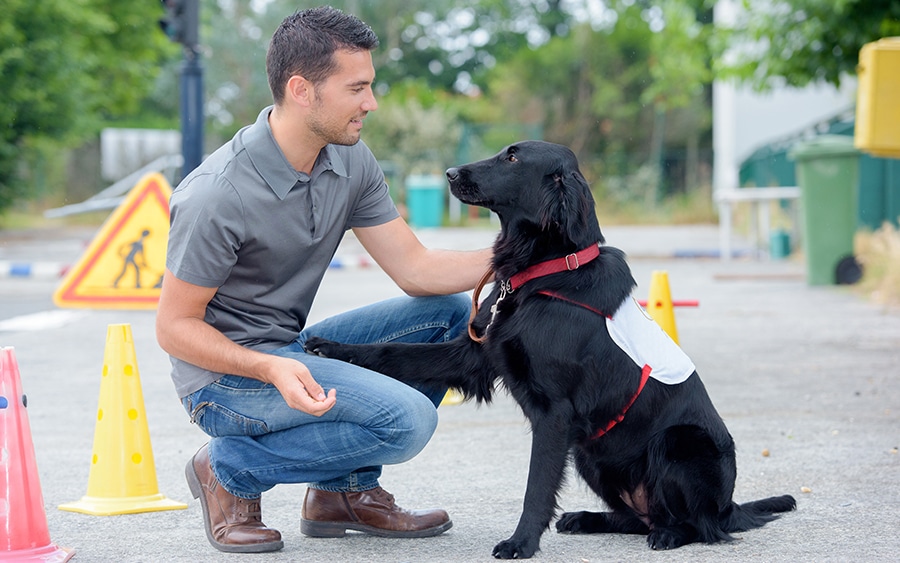How Dog Training Can Improve Your Pet's Quality of Life and Behavior
How Dog Training Can Improve Your Pet's Quality of Life and Behavior
Blog Article
Top Pet Training Strategies Every Owner Need To Know

Favorable Support Methods
Utilizing positive support methods is necessary for efficient canine training, as it fosters a relying on bond in between the fitness instructor and the canine. This approach concentrates on satisfying desirable behaviors instead of punishing unfavorable ones, creating an atmosphere favorable to learning. Incentives can include treats, appreciation, or playtime, which inspire pets to repeat the behaviors that gain them these benefits.

In addition, this method enhances the pet's interest for training sessions. When canines connect training with favorable experiences, they are more engaged and responsive. Past immediate therapy, favorable reinforcement motivates a joint relationship between the pet and instructor, decreasing anxiousness and fear
To make best use of effectiveness, it is critical to deliver benefits immediately, making sure the pet attaches the actions with the support. Basically, favorable support strategies not only generate better-trained pet dogs but likewise advertise an unified collaboration between dog and owner.
Remote Control Training Approach
The remote control training approach is a very reliable technique that builds upon the principles of positive reinforcement by adding a distinctive sound to mark wanted actions. This technique makes use of a small handheld tool that generates a clicking audio, enabling fitness instructors to interact with their pets in a immediate and clear manner. When a pet executes a behavior that the owner wants to encourage, the clicker is triggered, complied with by a reward, usually in the type of treats or praise.
The trick to successful remote control training depends on consistency and timing. It is crucial to click at the specific minute the wanted actions takes place, making certain that the pet dog associates the audio with the activity and the subsequent incentive. This technique not only boosts interaction however also cultivates a stronger bond between the dog and the owner, as it motivates engagement and communication during training sessions.
Remote control training can be put on a variety of habits and commands, from standard obedience to more complex methods. Its adaptability and effectiveness make it a preferred strategy amongst expert fitness instructors and pet owners alike, paving the means for a receptive and trained canine buddy.
Chain Training Essentials
Efficient leash training is necessary for making sure a risk-free and enjoyable walking experience for both dogs and their proprietors. Dog training. Leash training must start early and Read Full Article be approached with perseverance and consistency. Start by selecting an ideal leash and collar or harness. A flat collar might benefit some dogs, while others may profit from a harness that lowers pulling.
Introduce your dog to the leash slowly, enabling them to discover it in a comfortable atmosphere. This entails gratifying your dog for walking beside you instead than drawing in advance.
If your dog starts to draw, stop strolling quickly. Additionally, method various walking settings to assist your canine adjust to disturbances.
Routine practice will certainly solidify your dog's understanding of chain rules. Bear in mind that chain training is an ongoing procedure; persistence and consistency will certainly yield the ideal results, fostering a favorable experience for both you and your canine companion.
Socializing Methods
Socialization is an essential facet of pet dog training that should preferably begin throughout puppyhood however can be advantageous at any kind of age. Efficient socialization aids canines create confidence and lowers the possibility of behavioral problems. To implement effective socialization techniques, subject your dog to a variety of atmospheres, individuals, and other animals.
Begin with controlled settings, such as young puppy courses or organized playgroups, where young pet dogs can engage safely. Slowly introduce your pet dog to brand-new experiences, including different noises, surface areas, and activities. Ensure these experiences are positive and rewarding to establish a feeling of safety and security.
For adult dogs or those doing not have exposure, start with low-stress scenarios. Short, positive interactions with friendly humans and calm pets can produce favorable organizations. Make use of deals with and praise to enhance preferable behaviors during these experiences.

Uniformity and Perseverance
Identifying the importance of uniformity and perseverance in canine training is essential for attaining lasting results. Irregular training can lead to complication, making it hard for the pet to understand habits or commands, ultimately impeding development.
Moreover, persistence is an essential component of efficient training. Canines, like people, find out at their very own pace. Some may understand concepts quickly, while others could take longer. It is important for proprietors to continue to be supportive and calm, strengthening favorable actions without considering irritation or punishment. This promotes a trusting connection in between the pet dog and proprietor, urging an extra passionate and eager student.
To grow uniformity and perseverance, develop a regular training regular, utilize the very same commands, and ensure that all member of the family use the exact same training principles - Dog training. By doing so, you create a stable setting for finding out, enabling your canine to thrive and develop into a well-behaved friend
Verdict
In final thought, effective dog training strategies, such as favorable reinforcement, remote control training, and appropriate leash training, are important for fostering a healthy owner-dog relationship. In addition, applying socializing methods and preserving consistency and perseverance throughout the training process adds dramatically to a pet dog's overall well-being. By integrating these methods, pet proprietors can promote the advancement of well-adjusted, loyal animals, ultimately boosting the high quality of life for both the canine and the owner.
Amongst the most famous techniques are positive reinforcement, clicker training, and chain training, each offering unique advantages that contribute to a mannerly dog. As we discover these fundamental approaches, it ends up being evident that grasping their subtleties can substantially impact the training experience and the pet dog's overall habits.Making use of positive support techniques is vital for reliable pet training, as it cultivates a trusting bond between the instructor and the dog.In conclusion, efficient pet training strategies, such as positive reinforcement, remote control training, and proper leash training, are necessary for fostering a healthy owner-dog connection. By incorporating these techniques, dog owners can promote the development of well-adjusted, obedient family pets, inevitably boosting the top quality of life for both the pet dog and the proprietor.
Report this page